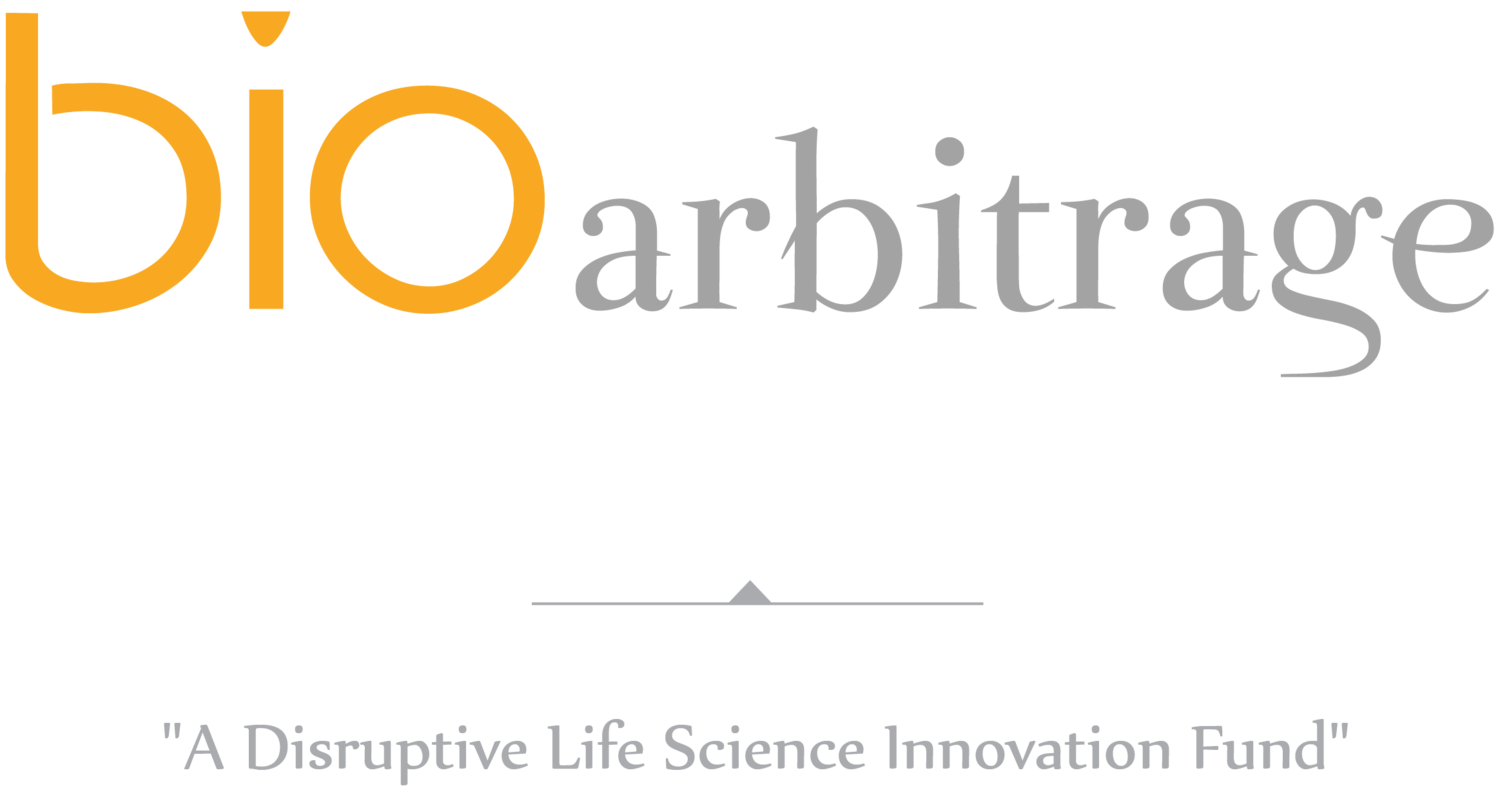Future of Medicine Blog Series - Part IV: Translational Medicine
by Emily Podmore, August 2, 2013
Translational medicine is a trend that has been shaping the healthcare industry, laying the foundation for innovative new discoveries and developments. It refers to the process of bringing basic research into real-world application, from "bench-to-bedside" as researchers describe it. The trend has been gaining ground in the 21st century as a way to bring ideas and scientific knowledge out of the laboratory and into the hands of healthcare professionals and policy-makers. Translational health research is often divided "T-Phases" as the Institute of Translational Health describes.
There are 5 T-Phases-T0, T1, T2, T3, and T4-each of which is characterized by a different step in the research process. The first phase identifies opportunities and approaches to health problems; the next two phases move a basic scientific discovery into the assessment stages-clinical trials and identification of value moving forward. T3 involves research about transitioning the discovery into practice and is more evidence based, and T4 evaluates "real world" health outcomes that result from the practice's implementation. The below graphic, provided by the Institute of Translational Health clarifies each of the T-Phases.
Paralleling the trend in translational research and medicine is an emphasis on personalized medicine-applying the right treatment for the right patients at the right time. Translational research feeds into this practice because it accelerates the process of transforming research into products and treatment therapies, encouraging innovation on the research-end of the process. A defining characteristic of personalized medicine is the development and identification of treatment regimens that are effective and safe for specific patients, rather than simply "blockbuster drugs" which target an entire segment population. Because of the emphasis on discovery, development, application, and integration, innovation in areas such as biomarkers, disease prognosis, and clinical predictors has soared.
Examples of translational research as it relates to personalized medicine span various areas from Alzheimer's research to diabetes and oncology. As researchers focus on genomics and discovering early predictors, the structure of translational medicine allows them to quickly integrate new developments into real-world scenarios, giving healthcare professionals a wider range of tools and predictors to detect and treat diseases in their early stages or even before onset-depending on the patient.
One of the most potent markets for translational medicine is cancer research and therapy, bridging the gap between bench-related and basic science research and clinical practice and making personalized medicine within the oncology field possible. We have seen cancer therapy evolve from general drugs working against both cancerous and normal cells to specific chemical and immunotherapy approaches that target particular malevolent cells, increasing effectiveness and accuracy of treatment.
Both of these trends are already taking hold, and looking forward, personalized medicine as a product of translational research will make up an even larger sect of medical philosophy. Today's medical students and researchers are gaining a different perspective on the process of medical discovery and treatment-and the focus on these two areas seeks to improve health worldwide.
Explore other Future of Medicine Trends Here
Source
http://www.inova.org/clinical-education-and-research/research/inova-translational-medicine-institute
http://viictr.org/viictr/assets/File/Zerhouni_NEJM_2005(1).pdf
http://www.biomedcentral.com/content/pdf/2041-1480-2-S2-S1.pdf
http://www.futuremedicine.com/doi/pdf/10.2217/bmm.10.101


